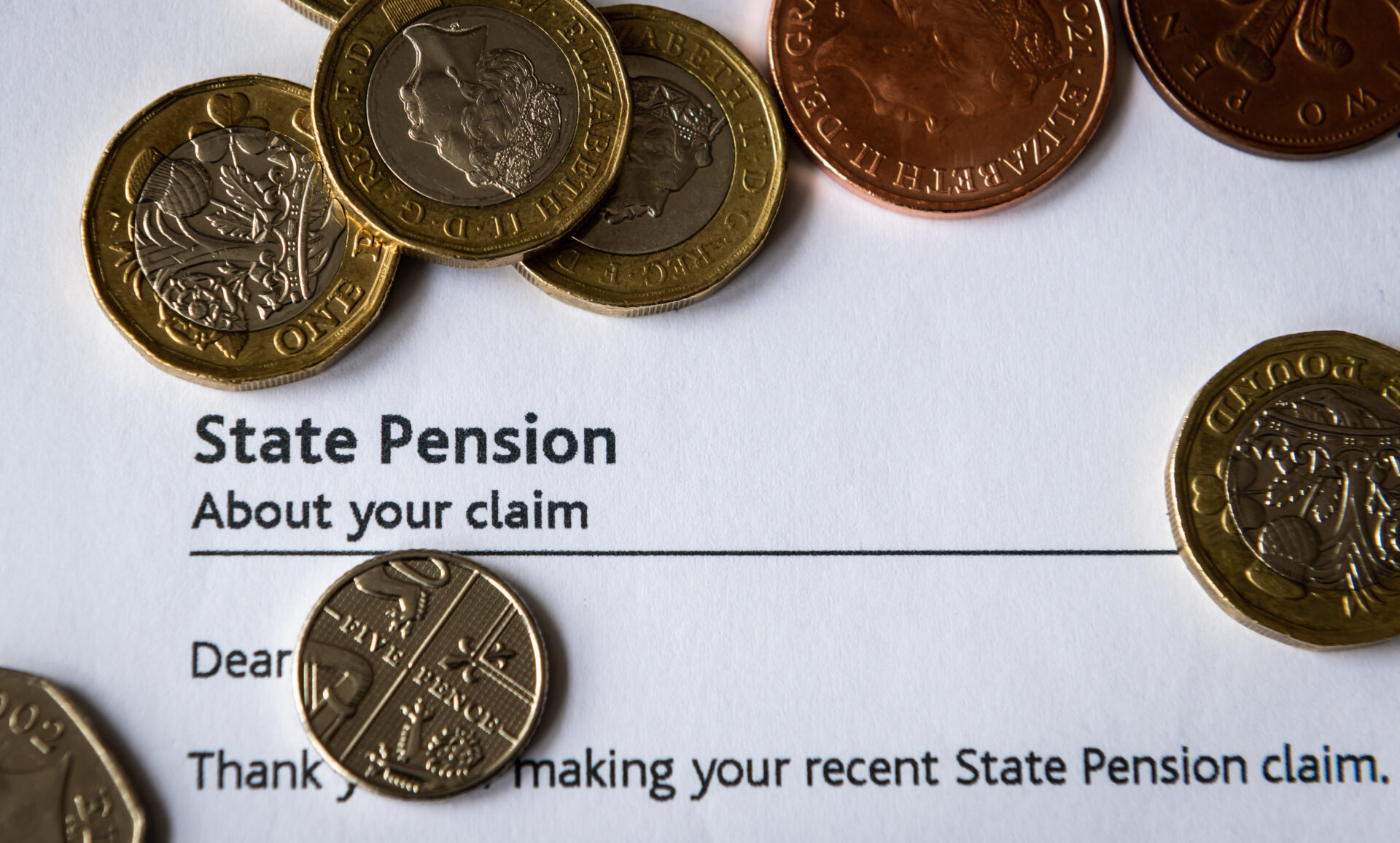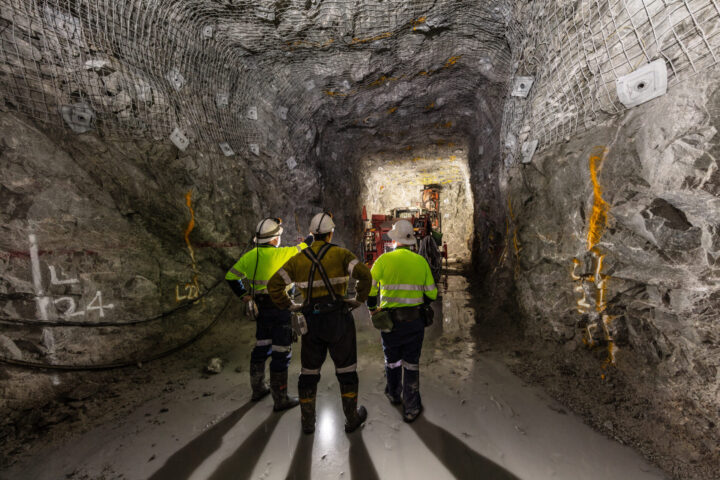Analysis from Broadstone suggested the state pension looked set for another significant increase under the Government’s triple lock policy.
Data showed that average earnings growth, including bonuses, was running at 4.6% with one month of data left to be published.
If this rate was maintained in September, Broadstone found the new state pension would go up by £551 to around £12,524 a year from £11,973.
Broadstone’s data also showed if earnings growth dropped sharply in the next month, the next figure to look at would be inflation.
If September’s inflation matched the Bank of England’s projection of 4%, the state pension would increase by about £480 from April 2026, putting it at £12,452 per year.
Currently, according to figures, the new state pension is £11,973 a year, or £230.25 a week.
A 4.6% rise would take it to £12,524 a year, or £240.84 a week, an increase of £551 a year or £10.59 a week.
If the rise was 4%, Broadstone found it would go up to £12,452 a year or £239.46 a week, a rise of £479 a year or £9.21 a week.
The increase is unlikely to push the full new state pension above the personal tax allowance, but data showed it will mean more pensioners paying income tax due to the ongoing freeze to the personal tax allowance at £12,570 a year.
HMRC data showed 8.7 million people of state pension age or older were projected to pay income tax on retirement income in 2025/26, up by around 420,000 on the previous year and 1.85 million higher than 10 years ago.
David Brooks, head of policy at Broadstone, said: “Another significant increase to the State Pension now looks inevitable given the strong growth in average earnings and rising inflation.
“The good news is this will provide further financial assistance to pensioners in light of ongoing cost-of-living pressures and the reliance of many retirees on the State Pension as their main source of income.
“The bad news is that the rising costs of the benefit risks creating growing tension between today’s taxpayers who fund the system and current pensioners who rely on it.”
Brooks added: “The Government and Pensions Commission will be under pressure to confront this challenge as part of the independent State Pension age review.
“It seems inevitable that, while the State Pension will and should remain a bedrock of retirement provision, calls to introduce means-testing will grow louder.
“These should be resisted, but what remains on the table is the possibility of the cost being met by wealthier pensioners via the introduction of a national insurance contribution of some kind or a winding down of the Triple Lock.”
He said: “Ultimately, the cost of the State Pension is a political decision.
“The persistence of the Triple Lock has created a steady rise in costs without clear long-term policy direction.
“As the retired population grows and depends increasingly on today’s workers to fund the system, some form of change is unavoidable.”

















